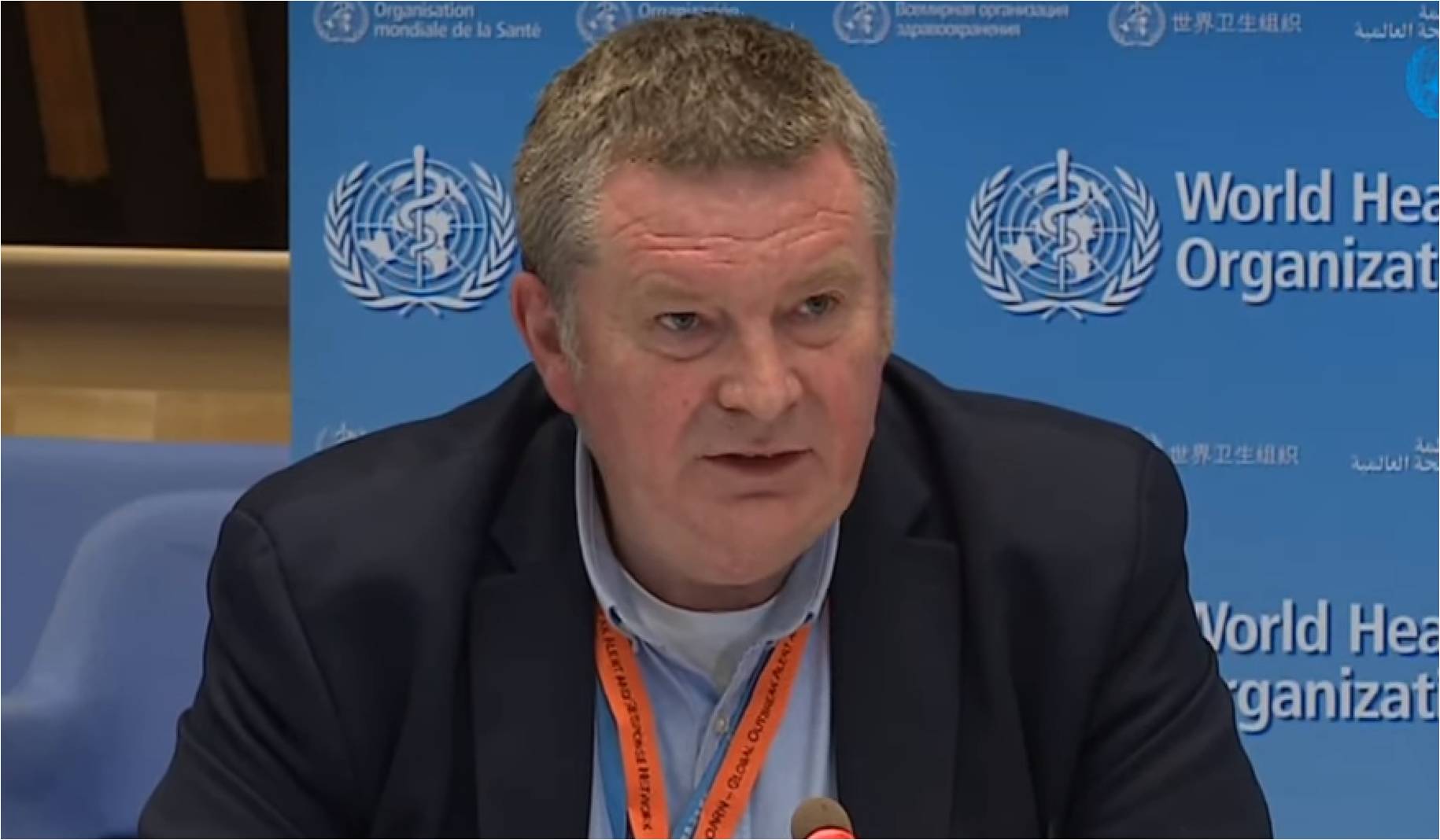The World Health Organization (WHO) has said that Spain and Italy may be reaching "peaks" in the incidence of the new coronavirus, but it has warned the countries that to reduce the number of infections, locking down the population is not enough. Even while the lockdown continues, said the orgainzation's public health experts at a press conference on Tuesday, these countries need to work "aggressively" to reduce the level of the virus by other means: testing, finding contacts, isolating.
"Do we hope that Italy and Spain are nearly there? Yes, we do. But everyone talks about the upwards curve and the stabilization, yet the question is also how you go down and for this, it's not just a case of lock down and let go," said WHO health emergencies director Mike Ryan. "You have to redouble public health efforts to push down the number of cases, it won't go down on its own. And that is what these countries need to focus on," he added.
Building on this, WHO emergencies programme technical director Maria Van Kerkhove emphasized the need for countries to take advantage of the time margin provided by locking down the population to continue searching intensely for coronavirus cases, isolating contacts and treating those infected.
"I understand this desire people have to know when we'll see the peak and start seeing the decline," said Van Kerkhove, "but we need to focus on the now, what must be done now to get us out of this. These physical distancing measures, staying at home, have bought us a little bit of time, and we need to use that time to get systems in place to look for this virus aggressively. Through testing, through isolation, finding contects, quarantine."
WHO recommends continuing testing until only 10% of the population is positive. If 80 or 90% of the results carried out give positive results, then there are a great many cases still at large. However, the global health body recognizes that the ability to test widely is subject to the availability of test kits in each country.
At the WHO press conference in Geneva, questions were fielded from people in countries at all stages on the coronavirus curve, and Mike Ryan also spoke about the advantages of imposing special controls or lockdowns within a state if the nature of the outbreak warranted it: "In situations where you have a very intense epidemic in one part of a country, and in another part, it's not so intense, you may have to implement some measures, perhaps as advice, perhaps as a restriction, where transport to that region is stopped," he said. "These measures are not easy, they can hurt people, but the alternative is even worse."
Regarding the effectiveness against Covid-19 of the anti-malaria medication chloroquine, which has been permitted by the United States to combat the Covid-19, WHO clarified that there is no drug that has been proven effective against this coronavirus, but that some drugs which have shown some benefits in some particular situations are being used in an attempt to reduce the impact or severity of the disease. "However, we have to be careful not to run out of such drugs because they are necessary for other diseases," stated Mike Ryan.

